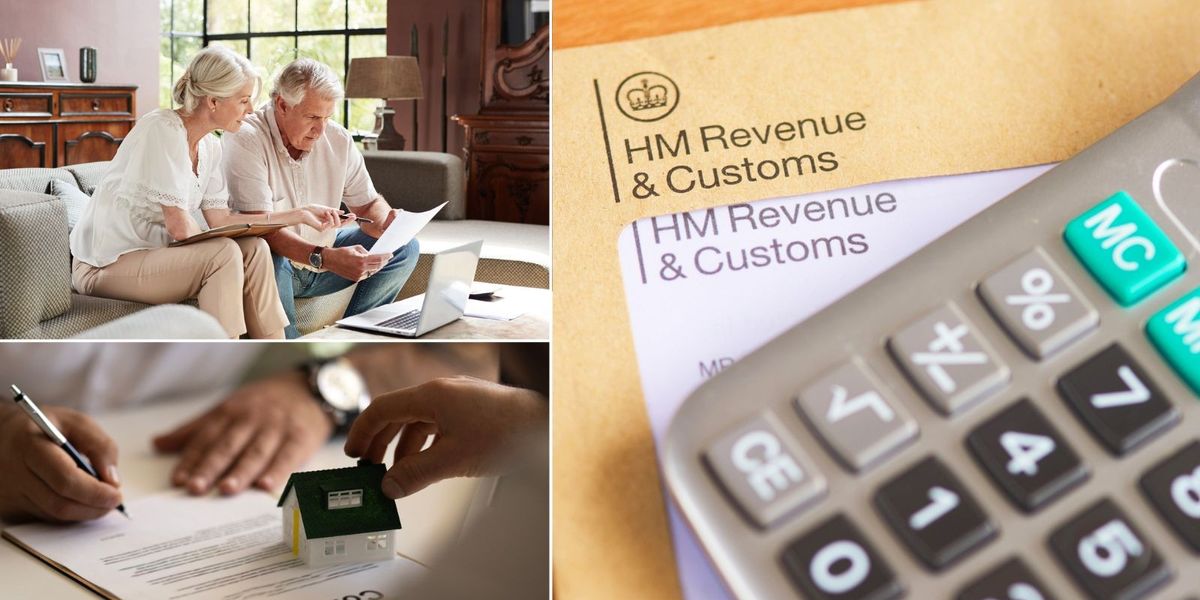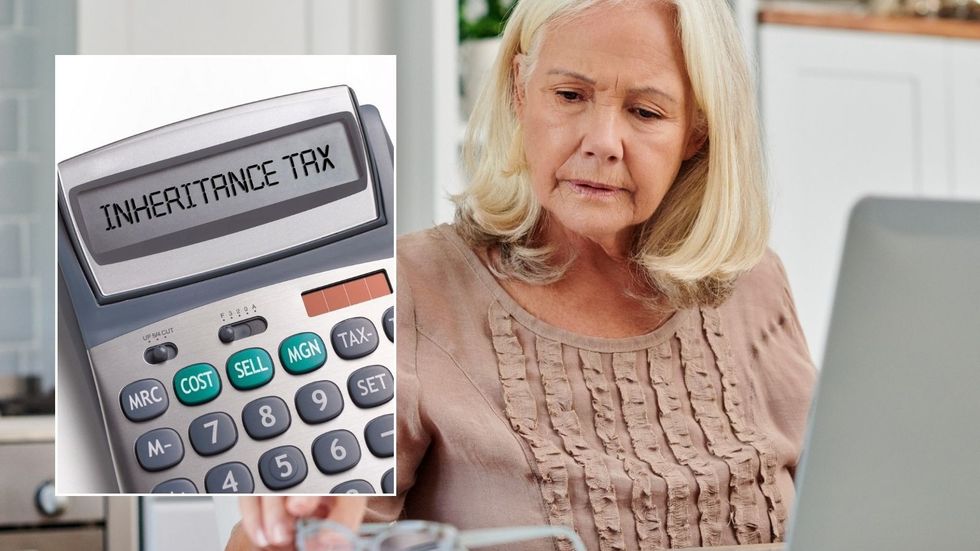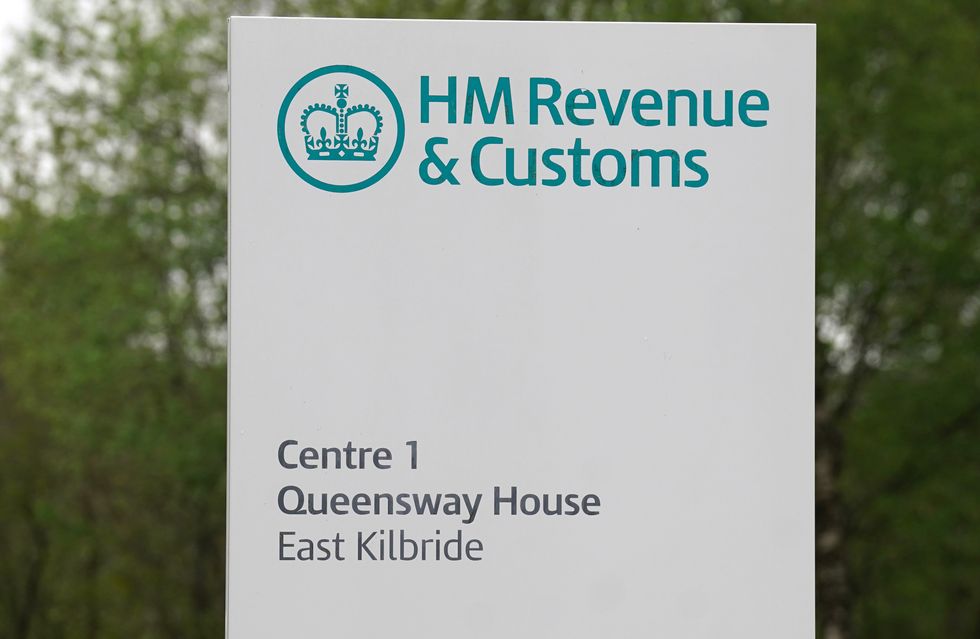Thousands of families are facing unexpected inheritance tax demands after HM Revenue and Customs ramped up investigations into undervalued estates.
Last year alone, HMRC challenged property valuations in 7,500 inheritance tax cases, and in 1,500 of those, it forced families to pay more after deciding the declared values were too low.
The investigations represent a 31 per cent increase from the previous tax year, with HMRC launching 3,961 inheritance tax investigations in the 12 months to April 2025.
Executors are legally required to report the total value of an estate when someone dies, including any property.
But if HMRC suspects that a property has been undervalued, particularly when it later sells for more, it can reopen the case and demand additional tax.
The VOA’s three-month investigation process typically involves physical property inspection
GETTY
The figures, obtained through a Freedom of Information request by The Telegraph, reveal how aggressively the tax office is pursuing unpaid inheritance tax, especially in cases involving high-value homes.
To determine whether executors have underestimated property prices, HMRC refers cases to the Valuation Office Agency (VOA).
This Government agency, set to be absorbed into HMRC by April 2026 as part of cost-cutting measures, agreed with taxpayer valuations in approximately half of last year’s cases.
However, the VOA proceeded with investigations in over 3,500 cases. The number of property valuations referred to the agency has decreased from nearly 16,000 in 2021-22, though the proportion resulting in higher valuations has increased.
Ian Dyall, of wealth manager Evelyn Partners, said: “HMRC now has a significant amount of available data at its disposa
PA
Ian Dyall, of wealth manager Evelyn Partners, said: “HMRC now has a significant amount of available data at its disposal.
“If that data points towards undervaluation of an asset, or even assets omitted from the inheritance tax submissions, then they are likely to investigate.”
Dyall said high-value properties in particular would be “carefully scrutinised” by the tax office given the potential revenue at stake.
Sean McCann, of the insurer NFU Mutual, said: “The valuation office is instructed to consider any features that might make it attractive to a developer, such as a large garden or access to other land suitable for development.”
The VOA’s three-month investigation process typically involves physical property inspections and requests for additional information from taxpayers. In over 1,500 cases, the agency determined property values exceeded taxpayer declarations.
McCann said: “Valuation of property is not an exact science. Negotiation will often occur where the executors have obtained a professional valuation which differs from HMRC’s.”
Disputes that cannot be resolved may escalate to First-tier Tribunal Hearings.
GETTY
Disputes that cannot be resolved may escalate to First-tier Tribunal Hearings. Dyall recommended obtaining two independent valuations from qualified surveyors to defend against HMRC enquiries.
Inheritance tax applies at 40 per cent on estates exceeding £325,000, with an additional £175,000 allowance for main homes left to children.
An HMRC spokesman said: “The majority of people pay the correct amount of inheritance tax. In cases where it is suspected someone has not, investigations can be opened, including referrals to the Valuation Office Agency.”



